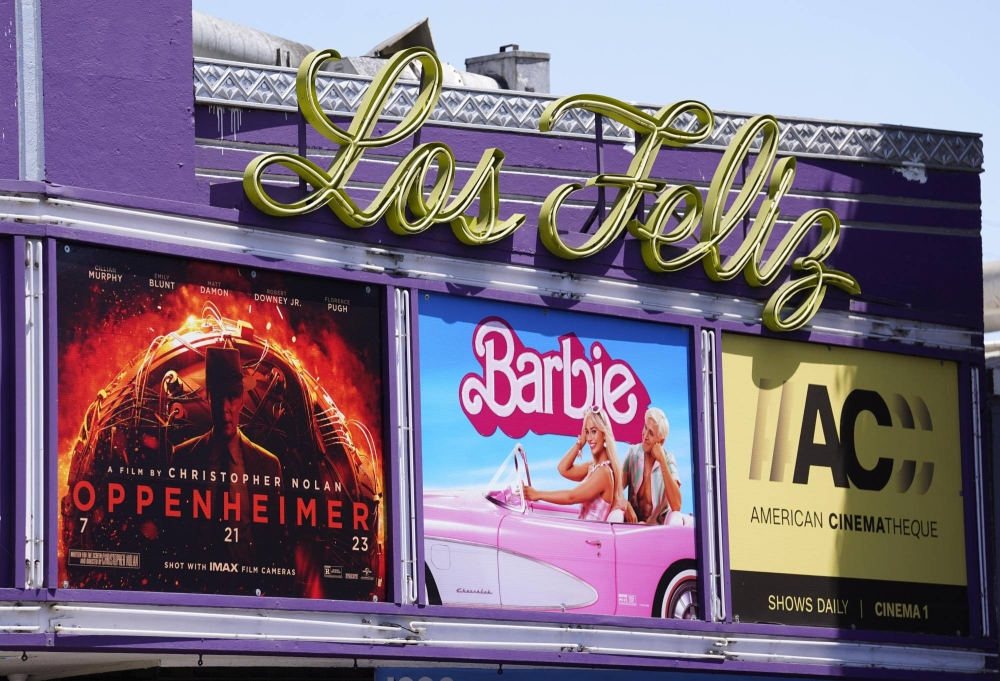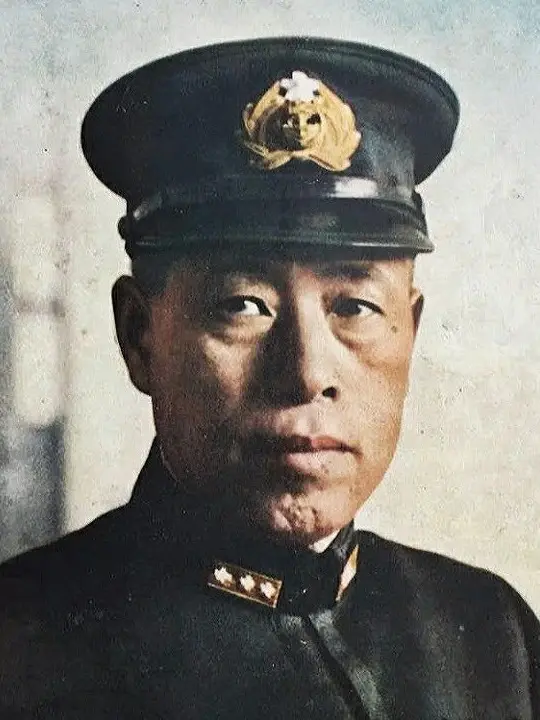
I hardly think the scene in the movie with people openly weeping and retching seeing footage from the bombings is part of the movie “glossing over” the human effects of the bombs. It’s just not what the movie was about.
As for the general public, you can’t just expect people to never have a sense of humor about something ever for all time, particularly when it’s something that can occupy a significant and impactful sense of brain space.
It’s how people relieve some of the emotional tension of a heavy topic. It’s why we had COVID jokes and memes, and it’s why in the past you saw a lot more nuke humor. There was an omnipresent specter of “there’s a weapon that can kill everyone, it can kill us at any moment, we keep building more, and I’m utterly powerless in the face of this fact”.Laughing at the juxtaposition of Oppenheimer and the aesthetic that barbie presents requires an understanding of the horror of what the man ultimately produced.

Arrrrr They do realize the nuke was used to force the Japanese to surrender so that they don’t need to fight on Japan main island and cause more casualties…right?
They do realize the war was started by themselves when they attacked Pearl Harbour…right?
They do realize that it is the Japanese who gloss over facts about the war in their textbooks…right?

(TW/movie spoiler second paragraph)
OK I get Japanese people take things seriously and are upset, and it’s easy to laugh at something like Barbenheimer when the consequences of atomic bombings are mostly on another continent. I write this on a day of immense tragedy for the world, after the bomb it was apparent that human suffering can know no bounds if we don’t make an effort to live in peace.
Did the author really watch the same Oppenheimer I did? I think Christopher Nolan did more than his due diligence on the matter. The scene with the speech and the thunderous applause juxtaposed with harrowing scenes of Japanese civilians being burnt alive was far and away the most gut-wrenching part of the film.
Like fuck, we really fucking did that to people. That should really make anyone stop and think.
That said, I don’t mind the fact that people make light of two contrasting movies releasing the same day. Let people have their humour, especially to cope for something so dark and tragic.

Almost certain aftermath photos are included in textbooks when I was in school. As well these images are found on the internet.
I know these things aren’t mutually exclusive but Japan should focus more on apologizing for its own atrocities in WWII that led to the necessity of the bombs. The Rape of Nanjing had as many innocent deaths as the 2 nuclear bombs combined.
(Also also it seems to get overlooked frequently, but the Allies could have kept fire bombing cities and it would’ve caused far more deaths then the atomic bombs caused.)

the Allies could have kept fire bombing cities and it would’ve caused far more deaths
This is an underappreciated fact. I grew up in U.S. public schools learning in elementary school about the massive scale of destruction that atomic bombs did bring (and, well, the Cold War was still going at the time). We knew the words Hiroshima and Nagasaki very early on. But it wasn’t until I was in college that I learned about the destructive scale of firebombing Japanese cities (and frankly, I learned it from a film class discussing Grave of the Fireflies, not from a history class).
And maybe I’m jaded because I’m a combat veteran who has seen firsthand the toll that an extended period of conventional warfare and insurgency brings on urban areas with millions of residents, but I don’t think of nuclear war as really that big a departure from the shittiness of things that are actually within more recent memory. Or maybe that’s a misconception I hold that should be corrected, and these anti-nuclear people are right to express concern about cultural attitudes towards nuclear weapons, I don’t know.

We’ll make a deal.
Our schools will teach more about the horrors of the atomic bomb, and their schools will teach more about the horrors of Unit 731. I think that’s a fair trade.

Is “Barbenheimer” bad?
No, humor is a sort of natural response to horror, and the creation of Barbenheimer is entirely on the studio which decided to release the same day as Oppenheimer. That everyone latched on is unsurprising.
That said, is the point of the article - Americans are still sorely undereducated on the effects of the bomb on the Japanese people - still true?
I think this is objectively true. As someone who has been to the Hiroshima Peace Museum and had a deeply moving, emotional, and enlightening experience, of course we don’t teach it or really ever experience the effects of the bombing to that extent.
I’ve long held the view that seeing the effects of war, in general, is the only way to help create a world where war is less common. I think true human empathy, even for former or potential enemies, can come from imagery.
I was sort of disappointed Oppenheimer did not include the imagery of the effects of the bomb, but it’s a film - about a man - not a documentary or educational piece.


